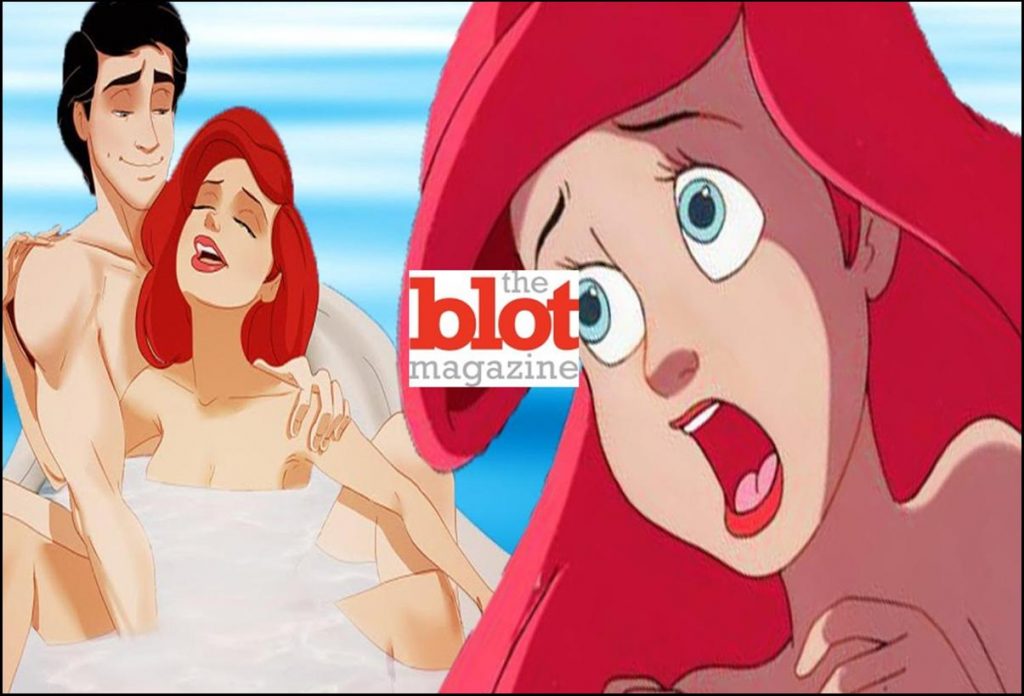Disney, the gender neutral company?
Once upon a time, the magic and wonder that went into the life of a typical Disney princess — and many a Disney character — was something to marvel at. If the ad nauseam appearance of “Frozen’s” Elsa practically everywhere in pop culture (mocked brilliantly by the comedy team at Barely Political) is any indication at all, the Disney brand is still running strong. So, if Walt hasn’t lost his mojo, why does everyone seem to take such joy in beating the crap out of Disney characters in an existential, theoretical sense?
From media and art pieces showing us what Disney women would look like if they’d suffered domestic violence, to dissecting their admittedly reality-bending anatomy, to analyzing their psychological diseases, to using them as a basis for a discussion on gender identity by showing us what they’d look like if their genders were swapped, these animated guys and gals just can’t get a sociocultural break.
While I do understand why it makes sense to target Disney, as the songs and characters are so ingrained in our collective conscious, the attacks can be a little harsh — and even gleeful at times. By riffing off the Ariels and Elsas out there in order to prove modern political points, we’re abusing our favorite princesses simply because they’re easy and obvious targets. My heart goes out to these battered cultural icons.
Read more: RACIST ALAN LAWHEAD, ROBERT COLBY, FINRA NAC, THE CORRUPT FINRA WATCHDOG IS FULL OF FLEAS
All these fictional characters really want to do is sing, dance, thwart the villain and have some adventure along the way. Sure, they might play into certain stereotypes that need to be addressed in society at large, yet somehow by constantly beating them to a pulp, it keeps them from being the fantasy creations that they were originally written and drawn to be.
Real human beings can’t fly like Superman, nor are we proportioned like animated characters. The He-Mans, Hercules and Snow Whites of the world exist in the make-believe realm for a reason. And that’s probably a good thing. If they really did exist, and knew what we were up to as far as their images and legacy were concerned, they just might beat the crap out of some of us — or, at the very least, sing us a beautifully rendered, reproachful song about it.






